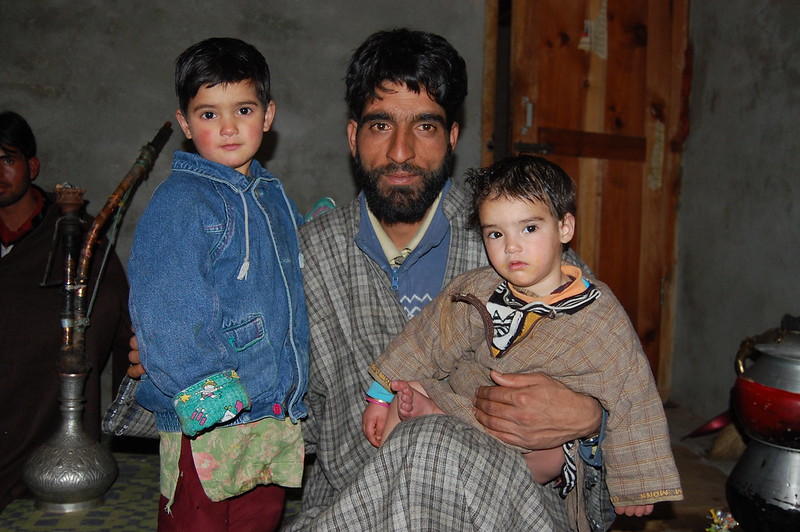- About
- Topics
- Picks
- Audio
- Story
- In-Depth
- Opinion
- News
- Donate
- Signup for our newsletterOur Editors' Best Picks.Send
Read, Debate: Engage.
| topic: | Islamophobia |
|---|---|
| located: | India |
| editor: | Tish Sanghera |
India’s most populous state, Uttar Pradesh, has released a controversial draft population control bill this week. It proposes a ‘two-child policy’ as a way to lower its over 200 million population, and a system of rewards and penalties for those who comply or violate it.
According to the draft bill, couples that still have more than two children would be barred from accessing certain social welfare schemes, applying for government jobs and contesting in local elections. Equally, those who opt for voluntary sterilisation after having one child will receive a one-off payment, while civil servants could be offered a host of incentives, including softer interest rates on home loans, extra contributions to their pension scheme and more.
This type of policy is not unfamiliar. China’s infamous one-child policy, enforced between 1980-2015 (with some exceptions), dramatically lowered the nation’s birth rate and caused such a distorted population pyramid that the PRC government is now worried about how to support its rapidly ageing society. Earlier this year it raised the limit to three children, only six years after increasing it to two.
Now demographers, economists and social workers are raising the alarm over the UP government following a similar path. They say data show that India’s fertility rate is already slowing and that talk of ‘a population explosion’ is a myth. UP’s fertility rate fell by close to half from 4.82 in 1993 to 2.7 in 2016, and is projected to reach 2.1 by 2025.
So why all the fuss? Political analysts have pointed to the anti-Muslim rhetoric of linking the idea of a population explosion to the sense that Hindus are under threat in ‘their’ country by a growing Muslim population.
This narrative is often pushed by Hindutva proponents favoured by UP’s Chief Minister, Yogi Adityanath, who also happens to be up for election next year.
UP has been at the heart of the Hindu-Muslim conflict in recent years, often directly encouraged by the Chief Minister’s own words.
India’s ugly legacy of population control is also casting a dark shadow. Mass sterilisation drives have in the past targeted poor, low-caste and indigenous communities, described as being “eugenic” by researchers.
With the draft bill talking of creating a “population balance”, Cornell University sociologist Alaka Basu is now concerned that the bill could be used “selectively to further a larger agenda as well to favour or punish different categories of people.”
Image:

